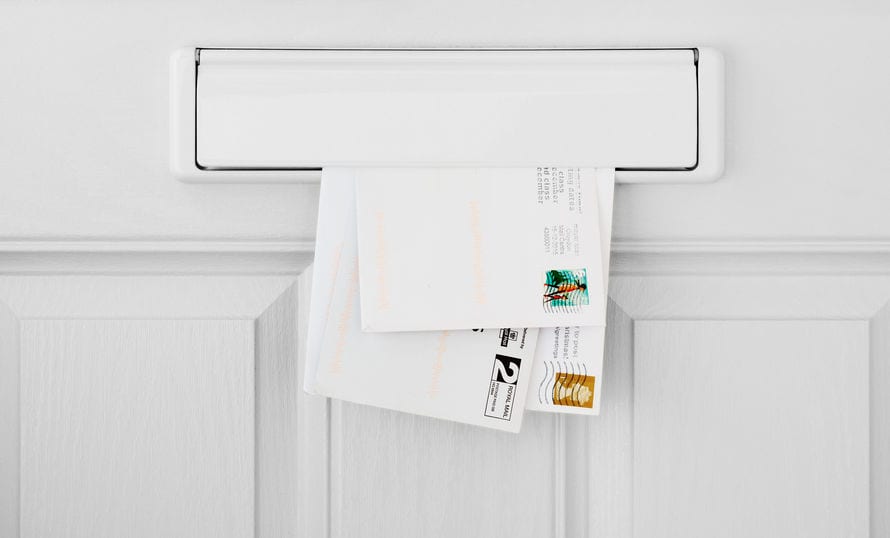When you submit a tax return, the IRS compares income from your return with wages and other payment information it receives from third parties. If you report income on your tax return that doesn’t match what the IRS has from other sources, such as your employer or bank transactions, the IRS will send you a CP2000 notice to show there’s an “income discrepancy” or “underreported income.”
Is a CP2000 Notice a Tax Bill?
No, an IRS CP2000 notice is not a tax bill or an audit notice. This letter simply notifies you that the income you reported is different from what the IRS expected. In some cases, this difference may result in an underpayment and in others an overpayment. Income discrepancies can be due to an error you made, or one made by a third party.
Some discrepancies are even caused by IRS computer system errors. In most cases, an IRS CP2000 is triggered when a taxpayer fails to include income, or a tax preparer doesn’t provide a 1099.
What Should I Do If I Receive a CP2000 Income Discrepancy Notice?
If you receive a CP2000 from the IRS, review the information and verify the income change. Whether you agree or disagree with the income change, respond to the IRS promptly to let them know. The IRS usually includes a response form or provides detailed instructions for next steps.
The following are specific ways to respond to an IRS CP2000 notice:
- Agree With CP2000: If the income change is correct, sign the letter and mail it to the IRS. The agency will then mail you an updated tax balance due notice.
- Disagree With CP2000: If you disagree with the income change, you have a right to dispute the proposed change. Submit your response form and indicate clearly that you “disagree.” Attach documents that support your stance.
Keep in mind that you must respond within 30 days from the date the income discrepancy letter was issued. If you were out of the country, you have 60 days to respond. If you can’t respond before the deadline, call the IRS number on your notice and request more time. Failure to respond to a CP2000 will trigger an IRS 3219A Notice of Deficiency.
What If the Income Reported to the IRS is Wrong?
If you believe the income reported to the IRS is wrong, contact the person or entity who reported the information and ask them to confirm. If it’s determined that they sent the IRS inaccurate information, ask them to submit the correct income and a statement as to why the error was made. Attach a copy of the corrected income document to your response to the IRS.
Can I Call the IRS to Correct My Underreported Income?
It depends. The IRS only allows you to correct a discrepancy or error(s) over the phone if the correction doesn’t change your total tax due. If the mistake affects what you owe, you must submit corrections in writing. To talk to an IRS representative regarding your CP2000, call the IRS number in your notice.
What If I Get a CP2000 and Can’t Pay My Taxes?
It’s always important to pay what you owe the IRS as soon as possible, including tax you owe after receiving a CP2000 notice. If you can’t pay your total tax balance due in a single payment, ask the IRS for a short-term payment plan or long-term installment agreement.
In some cases, you can also submit an “offer” to the IRS to settle the tax you owe for less than the total amount. This is called an Offer in Compromise. An OIC is for taxpayers experiencing constant financial hardship and who don’t have income or assets to pay back taxes and still cover basic living expenses.
How Can Wiztax Help?
If you owe back taxes and receive a CP2000 notice, consider setting up a free consultation with us. We never charge for consultations or ‘investigations’ and can tell you exactly how we can help.
You can also call us at (866) 568-4593 to learn more about how we can help.
6 Simple Questions. Free Evaluation.
Join our Newsletter
Enter your email address to join our free newsletter. Get all the latest news and updates.

